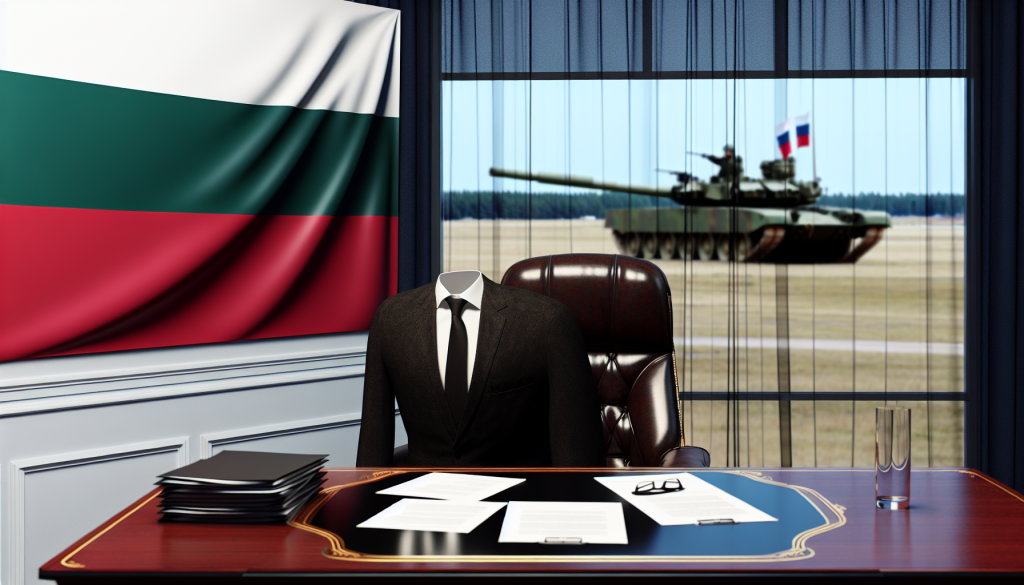Resignation Amidst Military Spending Debates: Lithuania’s Defence Minister Steps Down
Lithuania’s political landscape experienced a significant shift this week as Defence Minister Dovile Sakaliene announced her resignation. The departure comes following a high-profile dispute with Prime Minister Inga Ruginiene regarding the nation’s military spending strategies, raising questions about governance and defense policy in this key NATO member state.
The Heart of the Disagreement
In a candid Facebook post, Sakaliene expressed that she and Prime Minister Ruginiene, both members of the Social Democratic Party (LSDP), hold “fundamentally different ideas on how to strengthen defence.” This statement underscores a deeper ideological divide on military readiness and the prioritization of budget allocations. The debate became particularly contentious after a meeting with defense analysts, which left many participants doubtful about the government’s commitment to spend five percent of GDP on defense—a promise that has gained traction amid ongoing geopolitical tensions.
Context of Military Readiness
Lithuania, located near Belarus and the Russian enclave of Kaliningrad, has been on high alert since Russia’s invasion of Ukraine in 2022. The fear that Lithuania could be the next target for aggression necessitated a reassessment of its military capabilities. In response, the Lithuanian government ramped up military spending, reflecting the urgent need to bolster defense forces in light of emerging threats.
Budget Proposals and Political Tensions
On October 15, Prime Minister Ruginiene made headlines by announcing that the draft state budget for 2026 includes a substantial allocation of 4.8 billion euros ($5.6 billion) for defense—translating to approximately 5.4 percent of GDP. This projection positions Lithuania among NATO’s top spenders, showcasing its commitment to enhancing military capabilities. However, the prime minister’s proactive stance is countered by Sakaliene’s concerns about the government’s ability to uphold its pledges, particularly regarding the critical 5 percent target.
Leadership Dynamics
The dynamics within the coalition government, composed primarily of the LSDP and the populist Dawn of Nemunas party, are under scrutiny as Sakaliene’s resignation highlights potential fractures in leadership. Ruginiene characterized the resignation as “inevitable,” emphasizing that the presence of “misunderstandings and problems” in defense management is unacceptable. Her remarks indicate a determination to pursue a cohesive strategy for national security, despite the evident tensions.
NATO’s Wider Context
The importance of Lithuania’s defense strategies is magnified within the broader NATO framework. At a summit in The Hague, NATO set a new benchmark for member countries, calling for an allocation of five percent of GDP to defense by the year 2035. Remarkably, more than a quarter of NATO nations falter beneath the previous two percent target as of 2024. This raises critical questions about the commitment of various member states to uphold collective security measures in an increasingly volatile international environment.
Moving Forward
As the dust settles from this resignation, it remains to be seen how Lithuania will navigate the complex landscape of military funding and political unity. The growing divisions within the government may pose challenges to the nation’s ability to uphold its defense commitments amidst external pressures. The emphasis placed by leaders like Ruginiene on increasing the defense budget speaks to the urgent need for cohesion in policy-making, particularly as geopolitical threats loom large on the horizon.

